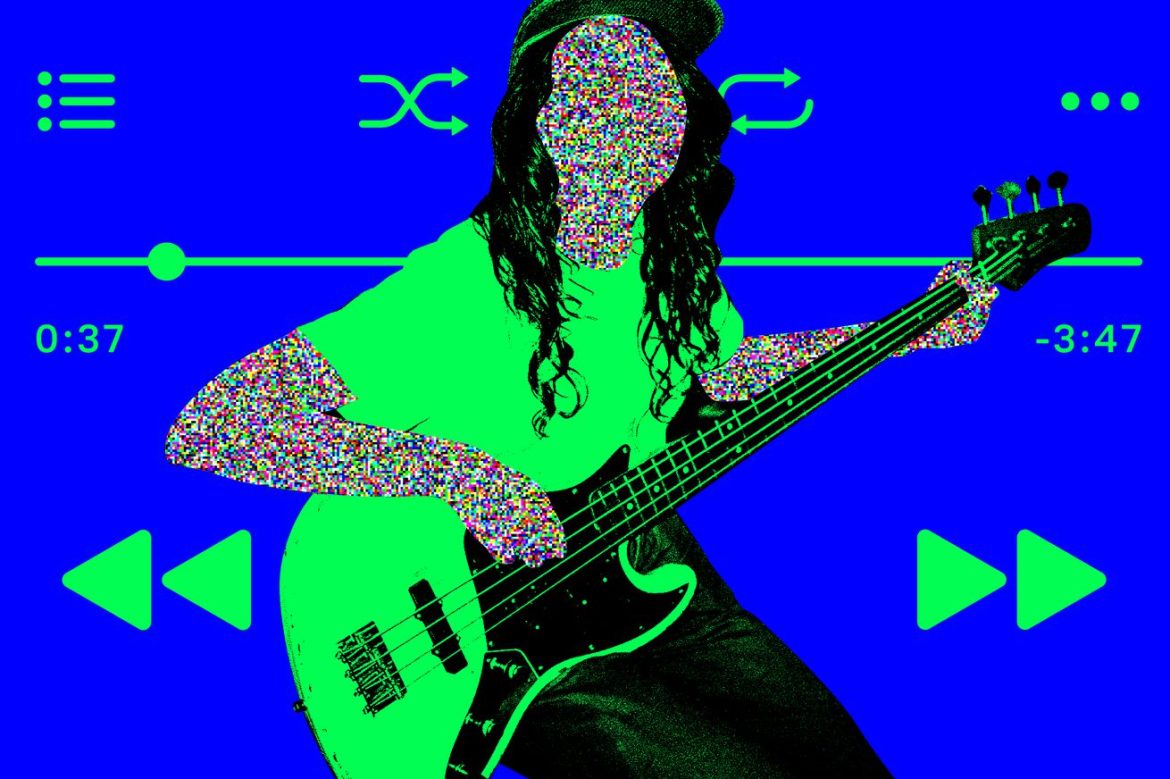
Art and commerce are unholy bedfellows, and nowhere more so than in the music industry — never a savory business, not in the mob days and not now. Liz Pelly’s Mood Machine, a dive into the history and workings of Spotify, is a useful guide to the way the streaming platform has altered the business of being an artist, but it’s one that avoids the conflicts between being a consumer and a patron of the arts.
Mood Machine is a combination of reportage, history, and analysis. Its great strengths are its interviews with Spotify employees, use of internal Slack messages, and bringing into English for the first time details from a number of early Swedish articles about the company. Spotify was initially designed as an advertising company; its paid tier was the result of a concession to major labels in early negotiations over streaming rights. This may come as something of a surprise to people who’ve listened to Daniel Ek, over the years, pitch Spotify’s founding as something done for love rather than money.
The music industry in 2006 was desperate, having been kneecapped by piracy — first Napster, then…

